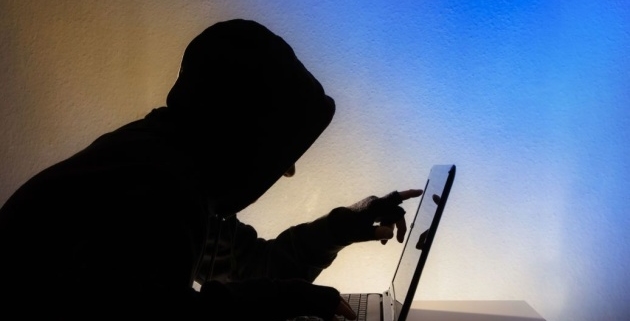Hackers steal database of Russian convicts to avenge Navalny’s death – media
After Russian opposition leader Alexei Navalny died in prison, a group of anti-Kremlin hackers gained access to the computer network run by the Federal Penitentiary Service (FSVP of Russia) and claimed they had snatched data on hundreds of thousands of prisoners.
This was reported by CNN, Ukrinform reports.
According to hackers, they got hold of the agency’s database, which contains information on approximately 800,000 Russian prisoners, their families and contacts, including data on prisoners held in the colony where Navalny died on February 16.
Hackers posted a photo of the politician alongside his wife Yulia at a political rally on the penitentiary service’s website.
The hackers, who claim to be of various ethnic backgrounds, including Russian expatriates and Ukrainians, are sharing the data “in the hope that somebody can contact them and help understand what happened to Navalny,” a hacker claiming to be involved in the breach told CNN.
An analysis by CNN found several duplicate entries in the database, but it still contains information on hundreds of thousands of people. CNN was able to match several names seen in the snapshots shared by hackers with people currently in a Russian prison as per public records.
The group also gained access to the prison’s online store, where families of convicts can purchase food for them, and changed the prices of some goods to just one ruble. This is evidenced by screenshots and videos published by hackers.
The group also posted Navalny’s photo on the store’s website. They sent a warning to the administrators of the prison’s online store not to remove the image and went on to destroy one of the servers when the admins failed to heed to the warning.
The hackers “clearly had full blown access to get it all,” says Tom Hegel, who is principal threat researcher at U.S. cybersecurity company SentinelOne. “The amount of images captured and data provided is quite thorough.”


